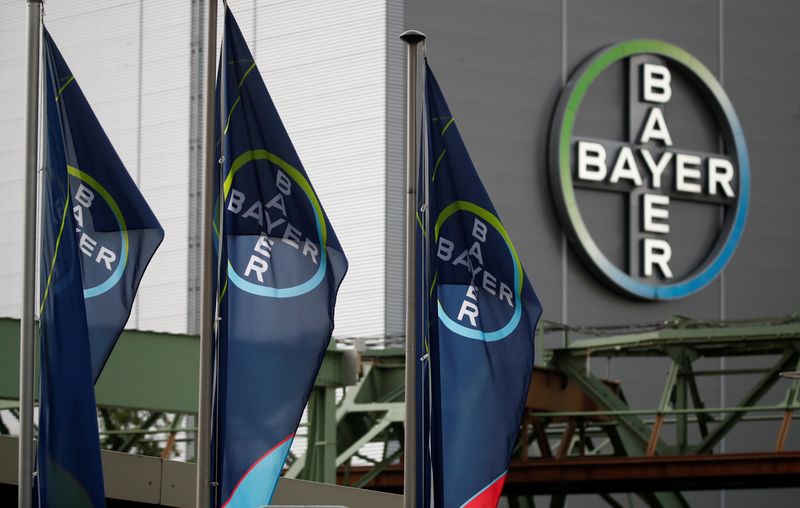By Jonathan Stempel
(Reuters) - A federal judge has rejected Bayer AG (DE:BAYGN)'s proposed $648 million settlement of class-action litigation by cities and other claimants over contamination from polychlorinated biphenyls, or PCBs, made by the former Monsanto (NYSE:MON) Co.
In a Nov. 25 decision, U.S. District Judge Fernando Olguin in Los Angeles said the accord appeared "overly broad" because it could shield Bayer (OTC:BAYRY) from future claims, and require the settling plaintiffs to indemnify Bayer against those claims.
Olguin also said most of the 2,528 class members stood to receive "very modest" payments of just $15,000 to $30,000, making the indemnification provision "troubling."
Bayer, which bought Monsanto for $63 billion in 2018, said in a statement it would work with the plaintiffs to address Olguin's concerns, and was confident it would reach a revised preliminary settlement by the Dec. 31 deadline he set.
Los Angeles County and the cities of San Diego, Baltimore and Portland, Oregon are among the plaintiffs, which came from 36 U.S. states. The payout was to include $550 million for class members and up to $98 million for legal fees and expenses.
The German company announced the settlement in June, when it also proposed paying roughly $12 billion to resolve litigation tied to Monsanto.
Most of that was to resolve claims that Monsanto's Roundup weedkiller caused cancer. Bayer has said Roundup is safe for human use.
PCBs were once used widely to insulate electrical equipment, and also used in such products as carbonless copy paper, caulking, floor finish and paint. They were outlawed by the U.S. government in 1979 after being linked to cancer and other health problems. Monsanto produced PCBs from 1935 to 1977.
The case is City of Long Beach et al v. Monsanto Co, U.S. District Court, Central District of California, No. 16-03493.
